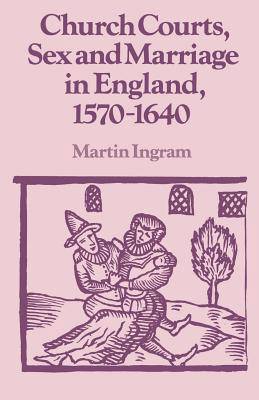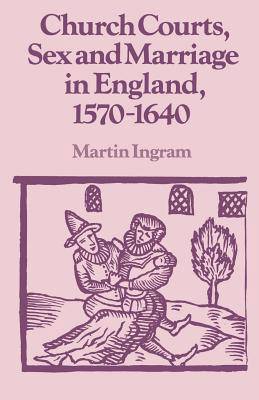
- Afhalen na 1 uur in een winkel met voorraad
- Gratis thuislevering in België vanaf € 30
- Ruim aanbod met 7 miljoen producten
- Afhalen na 1 uur in een winkel met voorraad
- Gratis thuislevering in België vanaf € 30
- Ruim aanbod met 7 miljoen producten
Zoeken
€ 57,95
+ 115 punten
Omschrijving
Adultery, fornication, breach of marriage contract, sexual slander - these, along with religious offences of various kinds, were typical of the cases dealt with by the ecclesiastical courts in Elizabethan and early Stuart England. What was it like to live in a society in which personal morality was regulated by law in this fashion? How far-reaching was such surveillance in actual practice? How did ordinary people view the courts - as useful institutions upholding accepted standards, or as an alien system purveying unwanted values? How effective were the church courts in influencing attitudes and behaviour? Previous assessments of ecclesiastical justice, coloured by contemporary puritan and common law criticisms, have mostly been unfavourable. This in-depth, richly documented study of the sex and marriage business dealt with under church law, based on the records of the courts in Wiltshire, Cambridgeshire, Leicestershire and West Sussex in the period 1570-1640, presents a more balanced and more positive view.
Specificaties
Betrokkenen
- Auteur(s):
- Uitgeverij:
Inhoud
- Aantal bladzijden:
- 432
- Taal:
- Engels
- Reeks:
Eigenschappen
- Productcode (EAN):
- 9780521386555
- Verschijningsdatum:
- 30/03/1990
- Uitvoering:
- Paperback
- Formaat:
- Trade paperback (VS)
- Afmetingen:
- 140 mm x 216 mm
- Gewicht:
- 544 g

Alleen bij Standaard Boekhandel
+ 115 punten op je klantenkaart van Standaard Boekhandel
Beoordelingen
We publiceren alleen reviews die voldoen aan de voorwaarden voor reviews. Bekijk onze voorwaarden voor reviews.











